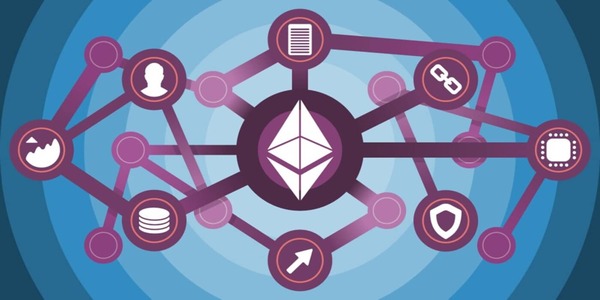
Scroll, an Ethereum layer 2 zkEVM-powered network, announced Tuesday that its mainnet is now officially live. The primary goal of this network is to provide developers and users an experience similar to Ethereum while increasing speed, reducing fees, and achieving unlimited scalability.
Ethereum enthusiasts and open-source contributors founded Scroll in 2021 to scale Ethereum through zero-knowledge (ZK) cryptography.
After more than two years of building, we are thrilled to announce the launch of Scroll Mainnet.
As we open the doors to Mainnet, we want to take a moment to reflect on our journey thus far 💛 pic.twitter.com/WKfkjyIkB0
— Scroll 📜 (@Scroll_ZKP) October 17, 2023
Scroll mainnet launched after more than 15 months of extensive testnets and security audits, the team reported. Four major auditing firms have audited Scroll’s mainnet code, including KALOS, Peng notes, OpenZeppelin, Zellic, and Trail of Bits. The co-founder of Scroll, Haichen Schen, emphasized that Scroll enables a comprehensive security approach because it maintains an internal security team and remains open-source.
With security being our top priority, we battle-tested Scroll over three consecutive testnets, which included a rigorous auditing period.
Internally, we operate both blue and red security teams dedicated to uncovering potential vulnerabilities.
— Scroll 📜 (@Scroll_ZKP) October 17, 2023
According to the Scroll team, its services seamlessly enhance the functionalities of Ethereum with ZK technology while maintaining EVM (Ethereum virtual machine) compatibility.
The statement read:
“Scroll is designed by and for Ethereum developers. A swift, reliable, and scalable Layer 2 blockchain, Scroll extends Ethereum’s capabilities, enabling apps to scale without any surprises.”
Additionally, Scroll highlighted the role of its bytecode-level EVM-compatible solution. This feature offers developers an experience that’s almost similar to the Ethereum network, the team said. Moreover, bytecode-level compatibility allows Ethereum-based apps to smoothly transition to the Scroll network without the need for significant modifications, resulting in cost savings.
Scroll’s Testnet Phase
During the 15-month testnet phase, more than 450,000 smart contracts were deployed on over 90 million transactions. On average, there were a staggering 305,000 transactions per day. The blog also mentioned that they generated over 9 million blocks and 280,000 ZK proofs.
Additionally, we engaged four security audit firms for comprehensive external audits.
Our bridge and rollup contracts were thoroughly audited by @OpenZeppelin and @zellic_io, while our zkEVM circuits were reviewed by @trailofbits, @zellic_io, and @kalos_security.
— Scroll 📜 (@Scroll_ZKP) October 17, 2023
Moreover, the team also plans to use their latest testnet, Scroll Sepolia, as a testing ground for all upgrades to the Mainnet. Sepolia has already recorded more than 900,000 wallet addresses created. It has generated over six million transactions, and the team has deployed over 100 projects on Scroll testnets.
Blockchain data from last week indicated that Scroll’s smart contract had been deployed on October 8, but the official announcement from the team was delayed until this week. The network’s launch comes almost seven months after competitors Matter Labs and Polygon introduced their own zkEVMs.








